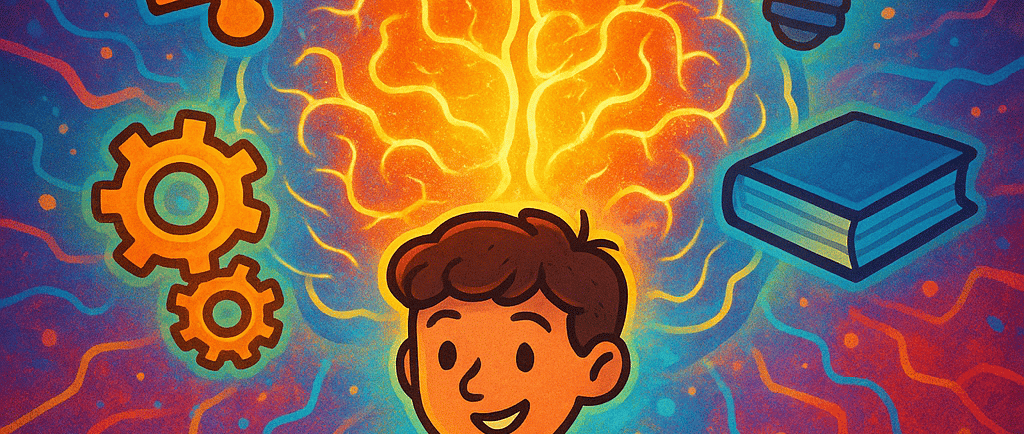The Amazing Benefits of Complex Problem Solving for Your Brain
Blog post description.


In today’s fast-paced world, it’s easy to reach for a quick answer or shortcut. But when you push your brain to work through a complex problem, something amazing happens. You’re not just
Complex problem solving isn’t just a valuable life skill—it’s also a powerful workout for the brain. Whether you’re tackling a challenging puzzle, managing a crisis, or strategizing in a competitive game, engaging in deep cognitive effort sharpens your mental abilities in ways that benefit your brain both now and in the long term. Here’s how:
🧠 1. Strengthens Cognitive Flexibility
When you solve complex problems, you’re constantly adapting your thinking, shifting perspectives, and reassessing assumptions. This flexibility enhances your brain’s ability to switch between tasks, understand different viewpoints, and find innovative solutions. Cognitive flexibility is associated with greater creativity and improved emotional intelligence.
🧩 2. Enhances Working Memory
Working memory is the brain’s “notepad”—where we temporarily store and manage information. Solving multifaceted problems requires holding multiple pieces of data in mind, analyzing them, and rearranging them until you find a solution. This strengthens your working memory, which is essential for reasoning, comprehension, and decision-making.
💡 3. Improves Analytical and Critical Thinking
Complex problems often lack clear, step-by-step solutions. This forces your brain to dig deeper—to analyze patterns, draw conclusions, and evaluate consequences. Over time, these mental habits sharpen your analytical and critical thinking skills, helping you become more strategic and thoughtful in everyday decisions.
⚙️ 4. Builds Mental Resilience and Grit
Difficult problems are rarely solved on the first try. They demand persistence, patience, and resilience. As you repeatedly face and overcome mental challenges, your brain becomes more accustomed to discomfort and failure. This builds grit—the mental toughness to keep going when things get hard.
🧭 5. Activates Multiple Brain Regions
Complex problem solving engages several brain areas at once—especially the prefrontal cortex, which governs decision-making and planning. When you tackle a challenging task, your brain forms stronger connections between neurons, which enhances overall brain function and long-term learning capacity.
🧓 6. Delays Cognitive Decline
Numerous studies suggest that people who regularly engage in mentally challenging activities (like solving puzzles, playing strategic games, or learning new skills) are less likely to experience age-related cognitive decline. By continually challenging your brain, you keep it healthy, elastic, and sharper for longer.
🤝 7. Promotes Collaboration and Communication
Many complex problems require teamwork. Solving them often involves sharing ideas, negotiating strategies, and refining solutions as a group. This promotes better communication skills, empathy, and a deeper understanding of how to work effectively with others—skills that are increasingly important in our interconnected world.
🌱 Conclusion
Engaging in complex problem solving is like strength training for your brain. It enhances mental agility, boosts memory and reasoning skills, builds resilience, and protects against cognitive aging. Whether you’re solving a real-world issue or playing an intellectually demanding game, every mental challenge is a chance to grow. The more you practice thinking deeply, the more powerful—and adaptable—your brain becomes.
